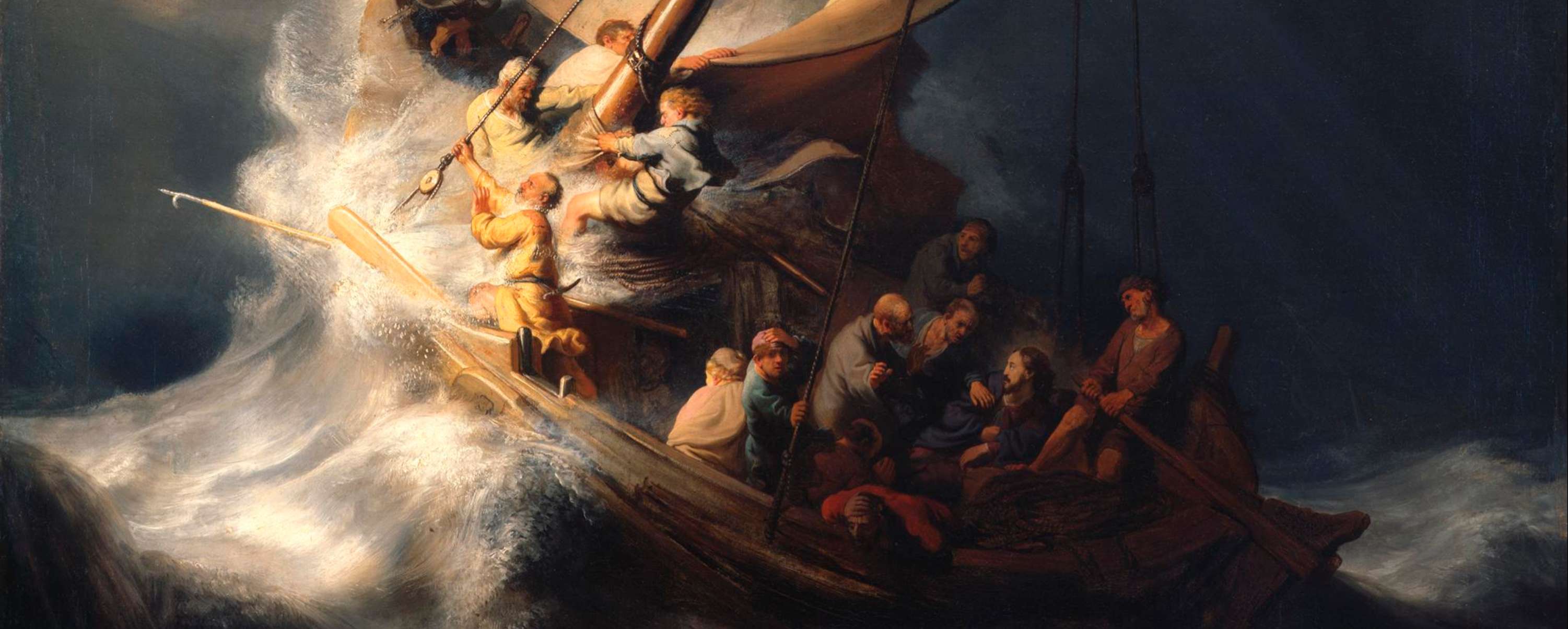The Kingdom of Heaven
Jesus’ preaching substantially concerned the Kingdom of Heaven, or the Kingdom of God (Matthew uses the former term, the other gospel writers prefer the latter). Matthew 4 describes the beginning of Jesus’ ministry thusly: “From that time on Jesus began to preach, “Repent, for the kingdom of heaven has come near.” (Matthew 4:17) Later on, Jesus leaves people who come to him looking for healing, because ““I must preach the good news of the kingdom of God to the other towns as well; for I was sent for this purpose.” (Luke 4:43) Luke describes Jesus travelling “from one town and village to another, proclaiming the good news of the kingdom of God” (Luke 8:1)
For the Israelites, the Kingdom of God was, or had been, Israel: a community governed by God’s laws, living in God’s land, under God’s rule, and enjoying his presence. At least in principle. By the time of Jesus, Judea was a rump state, ruled by the Romans, with no prophets and a temple apparently empty of God’s presence. All that really remained was a sense of national identity, and a set of laws. Even these had drifted from those given to Moses. Generations of teachers–rabbis– had refined, interpreted, extended the laws, to the point where Jesus could describe the “burden” they placed on the believer.
The Sermon on the Mount had described the new laws of the kingdom of heaven. But these were moral requirements, not legally enforceable ones. The kingdom of heaven had become internal. And it was in some sense already here. When asked by the Pharisees when the kingdom of God would come, Jesus said, “the kingdom of God is in the midst of you.” (Luke 17:21)
In what sense could this be true? Jesus certainly wasn’t a ruler. In trial, he said, ““My kingdom is not of this world” (John 18:36), and any Sunday School student could tell you that the kingdom of heaven will be in, well, heaven. But Jesus was the Son of God, and so his followers were God’s people, even if they weren’t yet fully aware of that, and their numbers were growing. And if Jesus wasn’t claiming an earthly territory, he was nevertheless demonstrating his dominion over nature, in the form of healings, calming of storms, walking on water, even raising the dead.
